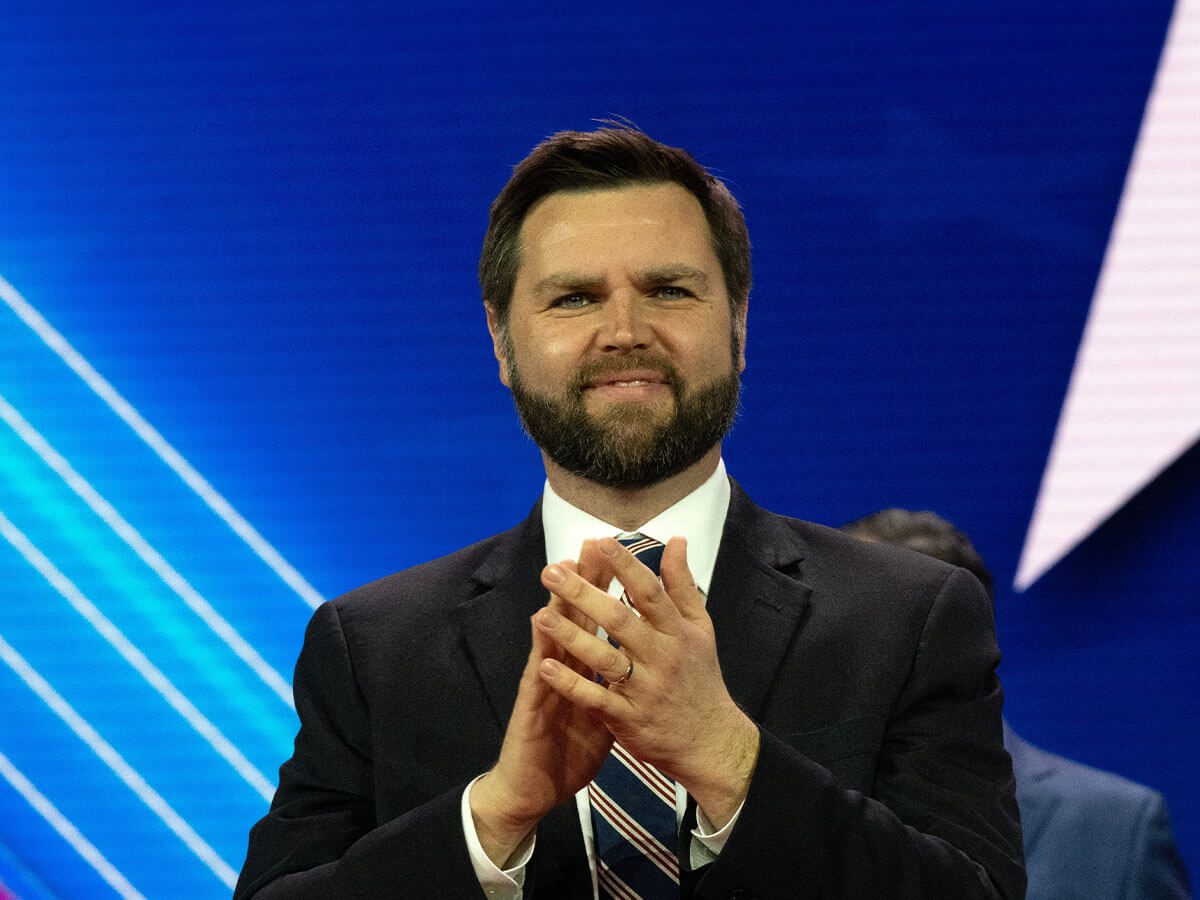
Now that he is the confirmed vice-presidential pick to run alongside Donald Trump, more and more voters want to know about JD Vance, the man whose rags to riches story captured the heart of America in the 2016 memoir Hillbilly Elegy, which was made into a 2020 movie. Like Joe Biden, who up until Sunday was the Democrat presidential candidate, JD Vance is Catholic, but his conversion to Catholicism didn’t happen until after his memoir’s release, having been baptized into the Catholic faith in 2019. In an article for The Lamp, Vance described how he was raised in a Christian home, with a grandmother, “mawmaw” who loved Billy Graham and a father who attended a Pentecostal congregation.
In 2003, he enlisted in the marines, served in Iraq, and returned in 2006 with his mawmaw as dead as his faith. “And the truth is that I discarded [faith] for the simplest of reasons: the madness of crowds. Much of my new atheism came down to a desire for social acceptance among American elites. I spent so much of my time around a different type of people with a different set of priorities that I couldn’t help but absorb some of their preferences… I knew how the educated tended to feel about religion: at best, provincial and stupid; at worst, evil,” wrote Vance of his slide into atheism. Yet, despite his fall further and further into elitism, as he found himself at Yale, he also found himself in love. He found he wanted to be better for the woman he loved, in ways that the “meritocracy” did not value. “But there was a voice in my head that demanded better of me: that I put her interests above my own; that I master my temper for her sake as much as for mine. And I began to realize that this voice, wherever it came from, was not the same one that compelled me to climb as high as I could up our ladder of meritocracy. It came from somewhere more ancient, and more grounded—it required reflection about where I came from rather than cultural divorce from it,” wrote Vance.
He went on to detail a number of intellectual struggles and longings that would eventually turn his heart slowly to Catholicism, particularly his forays into St. Augustine’s writings. “So yes, during little moments over the last few years, I’ve felt the touch of God. As much as it would make for a better story, I cannot say that any of these things made me stand up and say, ‘It’s time to convert.’ The move was more incremental,” he admitted. His wife, Usha, who is Hindu, supported his conversion to Roman Catholicism. He was baptized into the Catholic church and described how the conversion made him think more pointedly about the ways he treated others, particularly his family. “It was the part of me that demanded that I treat my son with patience, and made me feel terrible when I failed. That demanded that I moderate my temper with everyone, but especially my family. That demanded that I care more about how I rated as a husband and father than as an income earner.”
